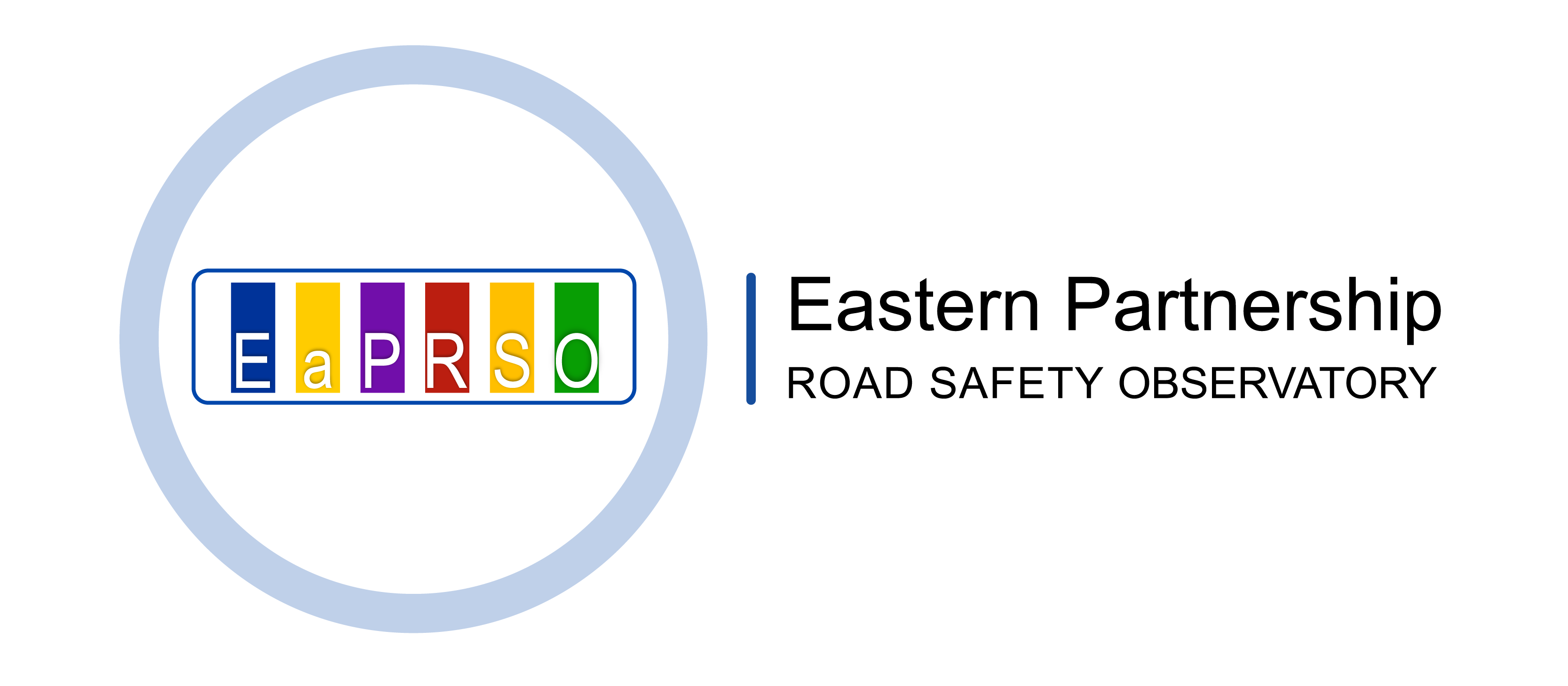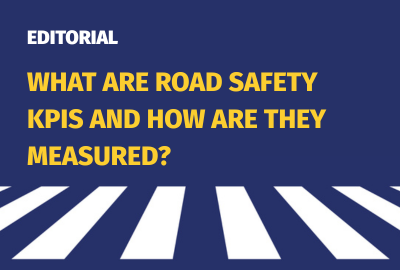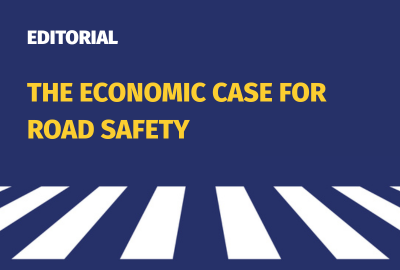
On 17 October, the EaP RSO hosted its latest webinar for regional stakeholders on harmonization with EU road safety standards and the implementation of data-driven policy-making approaches.
The session provided around 65 policymakers and stakeholders with essential knowledge about EU acquis requirements in road safety, and demonstrated how robust data collection and monitoring systems support effective policy development and implementation.
Speakers included Andreas Nagele from the European Commission’s Directorate-General for Mobility and Transport (DG MOVE) and Emma MacLennan, lead road safety expert and Deputy Head of the EaP RSO.
Andreas’ presentation covered an introduction to the European Commission’s CARE database and offered guidance to EaP member countries on what is needed to comply with and participate in CARE. This includes:
-
Disaggregated data for mini-CADaS variables as a minimum, including geo-coordinates. For more information, read our What is CADaS? Editorial here.
-
At least three years of stable data collection.
-
No significant discrepancy between the number of nationally reported casualties and WHO estimations.
The CARE database includes a very high level of disaggregation, i.e. detailed crash data on what happened, where it happened, and who was involved. According to the European Commission, “this structure allows for maximum flexibility and potential with regard to analysing the information contained in the system and opens up a whole set of new possibilities in the field of crash analysis.”
Andreas explained the EU approach to road safety as one of shared competence, sharing best practice and learning from better performing countries. He described the 20 Directives under the EU road safety acquis, representing different areas of the Safe System Approach: safer road infrastructure, safer road users, post-crash response, safer vehicles, and enforcement.
Emma’s expert insight followed up with how this information can be used to drive effective road safety policy in EaP countries, noting that in many cases more than one variable may be at play in any given crash.
She emphasised the important role of good data analysis for communication, prioritisation, understanding crash causation, and developing effective counter measures, as well as measuring whether interventions have had impact. Emma outlined five fundamental pillars for implementing best practice data collection and analysis, including:
- Comprehensive data systems that measure not only fatalities but exposure, vehicle standards, KPIs, etc.
- Standardised definitions such as CADaS and MAIS3+ to build comparisons. For more information on MAIS3+ read our Editorial here.
- Linking and sharing data between police, hospitals, traffic authorities, and road asset management.
- Good crash investigation that takes into account evidence from people involved, the scene, vehicles, employers, etc.
- Tools for impact assessment including data collection technologies, cost-benefit analyses, observational surveys, opinion surveys, focus groups, community metrics, AI, big data, etc.
These are all areas that the EaP RSO is supporting member countries in developing so that they can make informed evidence-based decisions on how to tackle the prevalent and devastating impact of road crashes.
Our next webinar on 14 November will seek to take these issues even further with a specific focus on geolocation data improvement. Registration details to be announced soon.




